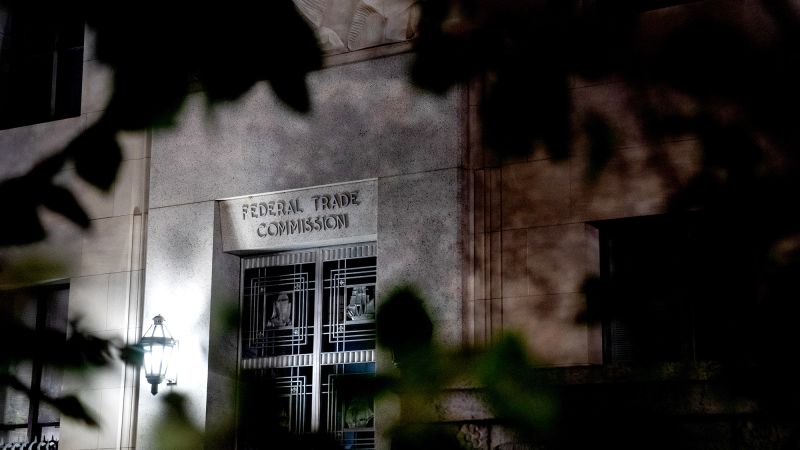On Wednesday, the US Federal Trade Commission (FTC) petitioned a federal court in Seattle to postpone a trial set for September regarding accusations that Amazon has misled consumers concerning its Prime subscription service. This request was brought forth amid serious concerns regarding “severe resource shortfalls in terms of both money and personnel” at the agency. The situation within the FTC reflects broader implications stemming from cuts instituted during the Trump administration, creating a challenging backdrop for a major case against one of the world’s largest corporations.
During the court proceedings, FTC attorney Jonathan Cohen expressed to US District Judge John Chun the agency’s dire need for resources, asserting that recent measures taken to reduce government spending have severely hampered the FTC’s enforcement capabilities. Cohen specifically noted the unfortunate loss of personnel, stating, “We have lost employees in the agency, in our division and on our case team.” These attritions have raised alarm bells since they underline how the budgetary constraints and stringent policies instigated by Trump, particularly his advisor Elon Musk’s efforts to streamline government operations, are adversely affecting the FTC’s ability to enforce consumer protections and antitrust laws.
As the trial approaches, the FTC’s challenges continue to mount. Some employees involved in this case have accepted a resignation offer that was issued earlier in the year, while others are either resigning for personal reasons or will be on leave during the trial period. A hiring freeze imposed during this time means that the agency cannot replenish its workforce, leading to additional delays and complications as the case progresses. This is compounded by a Trump-signed executive order from February, restricting government agencies to hire only one new employee for every four who depart.
The FTC has accused Amazon of employing deceptive user-interface techniques, referred to as “dark patterns,” aimed at tricking users into enrolling in automatically renewing Prime subscriptions. The allegations are significant, as the FTC contends that these practices have implications worth at least $1 billion, given that Amazon claims to have over 200 million subscribers globally, making it a massive player with an expansive consumer base.
In response to the lawsuit’s mounting pressure, Amazon has firmly denied any wrongdoing. The legal action also implicates three senior executives from the company as defendants. In explaining the hurdles faced by the FTC, Cohen cited new restrictions that limit attorneys to purchasing legal proceeding transcripts only under the least expensive delivery option, which may delay access to vital documents by weeks. Furthermore, the current administration’s decision not to renew the rental agreement for the building where a significant portion of FTC attorneys operate means that the staff may need to relocate just as they prepare for trial.
Judge Chun expressed concern about the FTC’s current predicament, questioning how the agency could expect to improve in two months if it was already in a resource crisis. Cohen candidly admitted, “I cannot guarantee that things won’t be even worse,” emphasizing a delay could relieve some of the workloads on the attorneys and possibly improve overall preparations.
On the opposing side, Amazon’s attorney John Hueston urged the court not to reschedule the trial, emphasizing that the dynamics of trial attorneys frequently shift in any case, adding humorously, “DOGE or no DOGE,” in reference to Musk’s aspirations for increased efficiency in governmental operations. The judge then requested that the FTC formalize its request for a delay in writing by the upcoming Friday, setting the stage for a crucial decision that could impact not only this case but the very framework of regulatory enforcement in the United States.
As this case unfolds, it illustrates a pivotal moment for consumer protection laws, the FTC’s operational capacity, and the broader implications on corporate accountability in the digital age.



